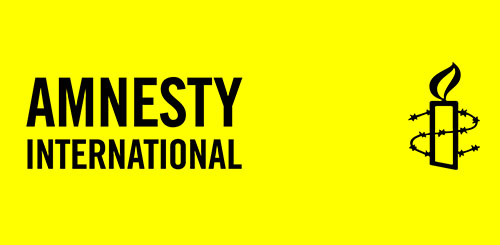September 19, 2017 — Today, 40 organizations and individuals from across Canadian civil society issued a joint letter to government that lays out overarching concerns with Bill C-59, An Act respecting national security matters. Bill C-59 makes some meaningful and necessary improvements to Canada’s national security regime, but it fails to reverse the legacy of its unpopular predecessor, Bill C-51, and introduces serious new problems. It specifically falls short in mitigating the discriminatory impact national security activities continue to have on vulnerable minorities, which has in the past included conduct that contributed to the torture of Canadians.
The signatories all share the concern that — despite the message clearly delivered by Canadians during the federal government’s extensive public consultation on national security — the rights and freedoms guaranteed in the Charter are still not where they belong, at the core of Canada’s national security framework.
“Bill C-59 improves on some, but certainly not all, of the troubling human rights problems that were at the heart of C-51. It also gives rise to new concerns and fails to address longstanding human rights failings that predate C-51. Human rights should be the very foundation to how Canada protects and delivers national security; with C-59 it is clear that there is still more work to be done to get us there,” said Alex Neve, Secretary General of Amnesty International Canada.
ill C-59 introduces some improvements to our national security framework, while reversing some, but certainly not all, of former Bill C-51’s excesses. It creates important new bodies to review and control national security activities; introduces a detailed and explicit new law for Canada’s signals intelligence agency, the CSE; adds new protections for the rights of youth involved in terrorism-related offences; and reforms the terrorist speech offences introduced by Bill C-51.
The signatories also identify a number of specific aspects of Bill C-59 which we agree require serious attention and meaningful change, including:
The newly-renamed Security of Canada Information Disclosure Act still permits far too much information to flow between too many departments, and to further concerning objectives;
The no-fly list still lacks adequate due process while proposed redress mechanisms remain unfunded;
The bill fails to reverse the low threshold Bill C-51 set for terrorism peace bonds;
The preventative detention powers introduced in 2001 are still in place and remain deeply problematic;
The risk for abuse of CSIS disruption powers is reduced, but the government has yet to demonstrate either their necessity or constitutionality;
The newly created oversight agencies lack the guarantees necessary to ensure their effectiveness;
The general risk that our security activities will once again contribute to torture remains;
CSE “active” cyber security powers (i.e. offensive hacking) are introduced without a rationale for their necessity or measures to adequately prevent abuse;
The new bill fails to reverse the erosion of due process C-51 extended in security certificate proceedings; and
The bill legitimizes troubling conduct, including mass surveillance by our foreign intelligence agency and extensive data-mining.
The letter discusses these issues, and more, in greater detail. Read the full letter HERE.
+++++++++++++++++
For media inquiries, contact: Jacob Kuehn, Media Relations at (613) 744-7667 ext 236 or jkuehn@amnesty.ca













